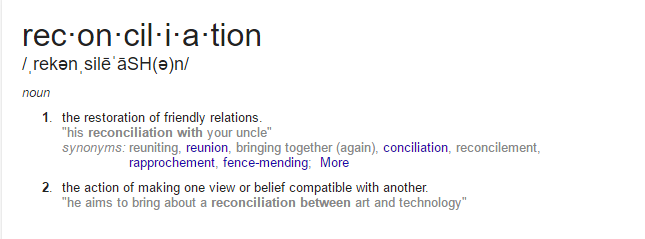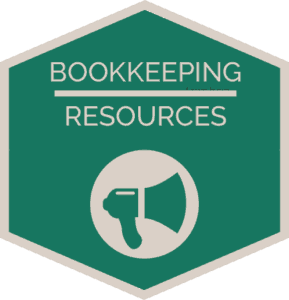Reconciling with your Bank

Almost every day I am asked “How do I figure out if someone is a good bookkeeper?”
It’s a good question – it can be a really challenging task if you don’t know what “good” bookkeeping looks like, or understand the bookkeeping process.
It’s not like a good design, or good copy writing.
With good design, you know it when you see it; likewise you know good writing when you read it.
With good bookkeeping you know it when….are you drawing a blank? Don’t worry, most entrepreneurs do.
I will give you a true “tell” – a way to establish a professional bookkeeper from anyone Plain Jane. But before I do that, let’s go back to reconciling for a moment.
I hate to sound like a granny here – but if you haven’t learned to balance a checkbook yet, you won’t ever be able to supervise a bookkeeper. And if you aren’t hiring a bookkeeper, you absolutely must learn to balance a checkbook because you MUST do it yourself.
You see, balancing a checkbook is actually the layman’s term for reconciling your bank account. When reconcile your accounts you ensure YOUR records match the bank records. It’s important to note that the bank records are what “really and truly” happened in your financial life.
If your bookkeeping records don’t match your bank records, something is wrong. And it could be VERY wrong if you aren’t paying close attention.
Reconciling helps you to:
- Make sure your bookkeeping is accurate
- If your bookkeeping is accurate, your financial reports are accurate. YEAH!
- If your financial reports are accurate, your tax returns are going to be accurate YEAH!
- BUT if your tax returns aren’t accurate, boy you could really get screwed. BOO!
Reconciling is the ONLY way to make sure you and your bank and your money are in sync. In my professional journeys, the reconciliation process has helped me find:
- Bank deposits that were “lost” in ATMs (yep, it happened. The bank lost a deposit and the client would have been out several 1,000 dollars without the reconciliation process in place)
- Recurring transactions that were being double billed – for months – without the client knowing
- Unbilled income – another words invoices that were never sent or generated
- Major bookkeeping inaccuracies because of poor data entry
Reconciling can take a while to learn, and longer to master. A good place to start is to look on the bank of your printed monthly bank statement where there should be some instructions from your bank on how to balance your checkbook.
When you are interviewing bookkeepers make sure you ask them about their reconciliation process. Ask them how often they do it (at least monthly), what they do if they discover an error (they should alert you to it), how they would go about fixing it in the books (they should track down the problem, and correct it at it’s source, versus just leaving the account unreconciled).
Ask for monthly reconciliation reports. Your report should match your bank statement, and if you are unsure how to read either, get your bookkeeper to teach you! A good bookkeeper doesn’t just come in and do the work, a good bookkeeper engages their clients in the accounting process. A good bookkeeper finds mistakes, brings them to the client’s attention, and finds the way to correct them.


